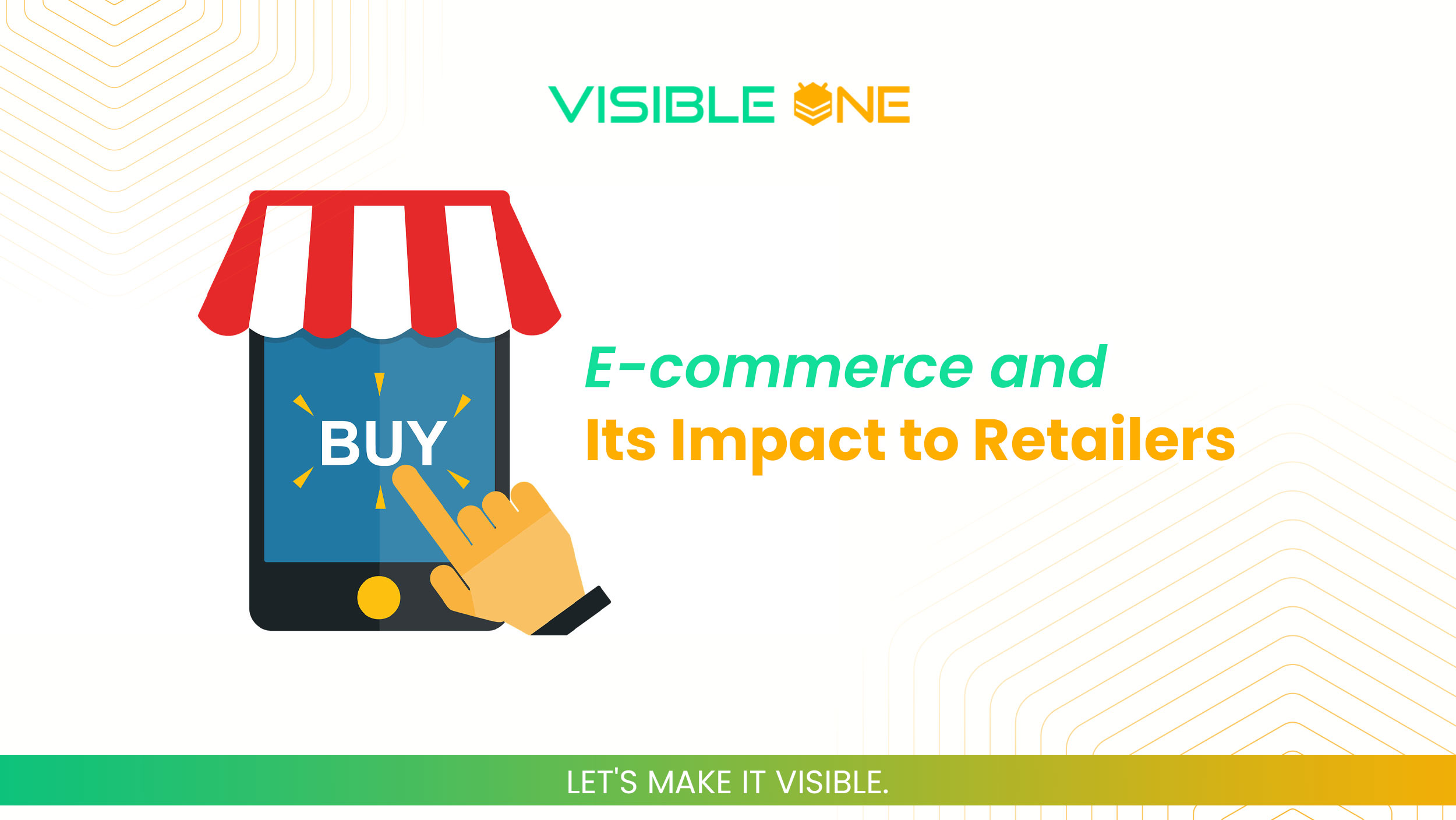E-commerce and Its Impact to Retailers

In this fast-paced world we now live in where there is a rapid increase in innovation, E-commerce have created a big impact on the retailing industry all over the world. Electronic Commerce, also known as e-commerce, entails purchasing and selling of products or services through electronic systems like computer networks and the Internet; it refers to not only buying and selling but also servicing customers and collaborating with business partners. E-commerce web design is a marketing and advertising tool with the ability to promote products and services using the World Wide Web to have company information listed on search engines so people can see what you do on a global scale and so has benefited to retailers to promote their business globally.
E-commerce has a major impact on the retail industry in a variety of ways. Retailers have had to adapt to new technological demands from users to allow them to participate in the e-business world. It has revolutionized the way companies, regardless of size, do business. The implication was that the retail industry was in decline as e-commerce took over. Every traditional retailer now has web and mobile offerings, while many e-commerce companies, like Amazon, Warby Parker, and Bonobos, are opening brick-and-mortar shops.
As technology is rapidly evolving, there is greater need for retailers to find out new ways to connect with their customers. With up-and-coming wearable technologies and refined mobile products, customers are shopping online in more ways than one and are using technology on a daily basis. For the retailing industry, E-commerce has increasingly become a necessary component of business strategy and a strong catalyst for economic development. E-commerce offers buyer and sellers a new method of communication and offers opportunities to create new marketplace and has created new activities and features in which consumers and businesses can participate.
Nevertheless, e-commerce made it possible for retailers to gain potential customers, improve communications, tracks finances, increasing research and improve their brand easier than before, as well as increase sales in a cost-effective way. It has made their stores a secondary option to sell their products since customers prefer an easier way of shopping which is through the use of e-commerce. Retailers are now able to sell their products all over the world. This has made the potential for the retailing industry to increase their revenue and customer base dramatically. This have created pressure to retailers since their customers are increasing. They must be able to predict this and create a cost-effective way of delivering their products to consumers by merchandising on shelves and having a trust worthy distribution centers who will handle the products directly to their customers. With this said, E-commerce revolutionized the way retailing industry works through its consistent growth and has become a standard way of retailing to consumers.
Before, when there were no e-commerce, retailers were restrained to only local and domestic consumers which was tough for them to create sales. E-commerce has made it possible for products to be sold at a global scale. This have made it possible for retail brands to be visible worldwide and had created a global competition scene. With e-commerce, shops will be able to sell their products 24/7 while keeping their costs at a minimum. It can also prevent over staffing because e-commerce will be its own sales person. With e-commerce emerging in our world, the products will have a high availability for all consumer’s needs and wants.
Whilst retails who depend on the traditional ways might have a hard time competing against the E-commerce world. They will be stagnant to their own area while losing against the innovative ideas other retailers have dependent upon.
